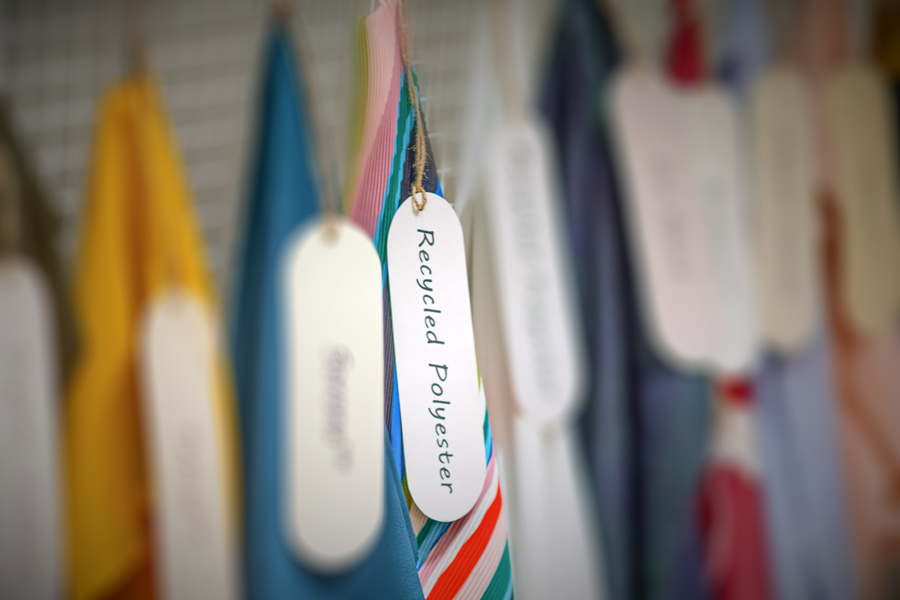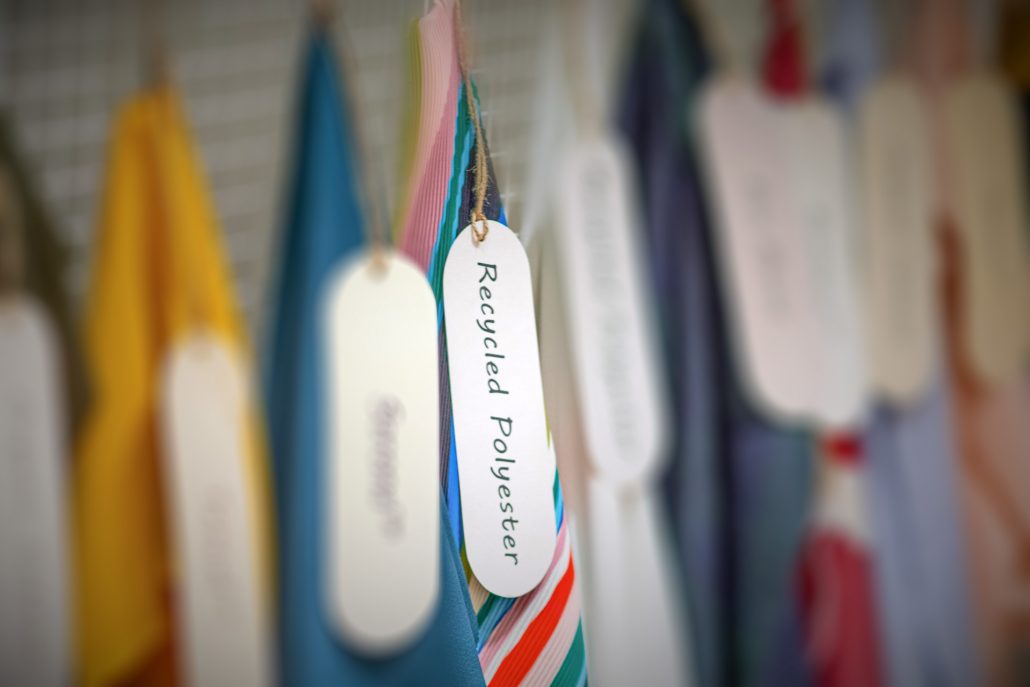LPP begins cooperation with a Polish start-up to develop innovative technology for the production of yarn from textile waste

Clothing company LPP has signed a cooperation agreement with Use Waste, a Polish start-up, which is expected to result in the development of an innovative technology to produce yarn from textile waste. Under the contract valid until the end of 2023, a scientific method will be developed, allowing for a full recycling of used polyester fabrics, based on the textile-to-textile concept. The signed agreement is yet another step by the Polish manufacturer towards circular fashion and the reduction of textile waste in the clothing industry. To this end, LPP has decided to allocate the amount of PLN 1m by the end of next year.
Following the commitments made and enshrined in the For People For Our Planet sustainability strategy for 2020-2025, announced in 2019, the Polish clothing manufacturer has signed an agreement to spend PLN 1m by the end of next year on the development of modern technology to recycle polyester textile waste.
– For years, the clothing industry has been struggling with the lack of access to technology that would allow textile waste to be fully utilised for the production of new fabrics. Currently, less than 1% of textiles are recycled, due to the lack of technology on the market that could be used on a large scale. Being aware of this, already in 2019, when we announced our new sustainability strategy, we assumed to join the process of finding and further popularising a solution that would allow us to treat used clothes not as waste but as a resource – explains Dorota Jankowska-Tomków, director of purchasing and ESG at LPP.
The choice of Use Waste as the contractor for the signed agreement was no accident. The Polish start-up is made up of a team led by Adam Hańderek, the originator and president of Handerek Technologies, which has developed a ground-breaking and patented technology for the chemical processing of plastic waste into raw material in order to produce new and clean plastics or low-emission alternative fuels.
– For many years, we have followed the development of technology for recycling PET as well as other plastic waste. As a result, we have developed a state-of-the-art technology that has been patented and allows for turning plastic waste into fuels. Now, we want to go one step further and research the efficient and scalable processing of clothing waste, which is a great challenge for waste management companies. Until now, only a small part of used textiles have been utilised as an energy carrier in waste incineration plants and even less as a raw material for the production of fibres and, ultimately, clothing. Instead, most of it was deposited in landfill sites, polluting the environment – comments Adam Hańderek, Director at Use Waste and President of Handerek Technologies.
The clothing industry is using more and more recycled fabrics, but most often the raw material is obtained from other industries, in the case of polyester mainly from the packaging industry, where the fabrics are made from recycled PET bottles. The collaboration between LPP and Use Waste aims to develop a solution that would allow for the reuse of textile polyester waste as a raw material for fibre production and give it material value.
– For the time being, we have decided to focus primarily on the recycling of polyester fabrics, but we see this only as the start of further actions. We do not exclude the next stage, which would be to develop solutions for recovering yarn from fabric blends, i.e. fabrics that include, for example, polyester and cotton or polyester and viscose – explains Dorota Jankowska-Tomków. There is a long way to go, but it is a necessary one in order to popularise genuine circular fashion. The second and third circuits are the future of the clothing industry, but we must remember that every garment will eventually become useless waste, which will have to be disposed of. That is why circular fashion, but understood through the prism of the textile-to-textile concept, is so important to us – concludes Dorota Jankowska-Tomków.
Currently, in the clothing industry, most of the fabrics that are recycled are cascaded to lower value uses (downcycling), e.g. as raw material for cloths, insulation materials or fillers. Use Waste’s scientists assure that the aim of the collaboration with LPP is to develop a world standard technology for transforming polyester textiles into full-value yarn with minimum environmental impact, while maximising waste recycling.

________________________________________________________________
LPP is a Polish family business and one of the fastest growing clothing companies in the region of Central and Eastern Europe. For 30 years, it has been successfully operating in Poland and abroad, offering its collections in such prestigious capitals as London, Helsinki or Tel Aviv. LPP SA manages five fashion brands: Reserved, Cropp, House, Mohito, and Sinsay, whose offer is available today in stationary and online stores in nearly 40 markets worldwide. The company has a chain of over 1700 stores with the total area of 1.4 million m2 and distributes clothing and accessories to 3 continents every year. LPP also plays an important role as it employs over 24 thousand people in its offices and sales structures in Poland, Europe, Asia, and Africa. The company is listed on the Warsaw Stock Exchange in the WIG20 index and belongs to the prestigious MSCI Poland index.

